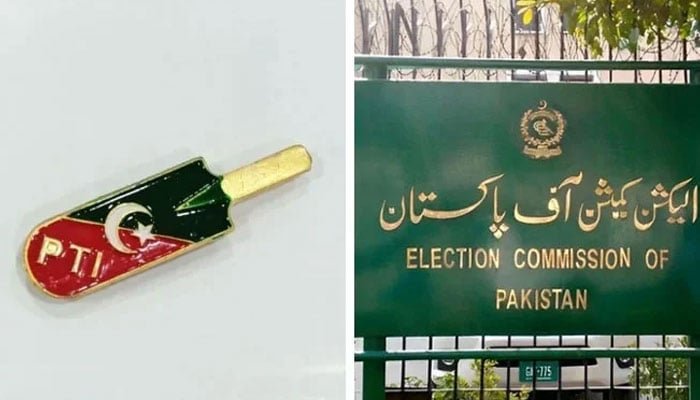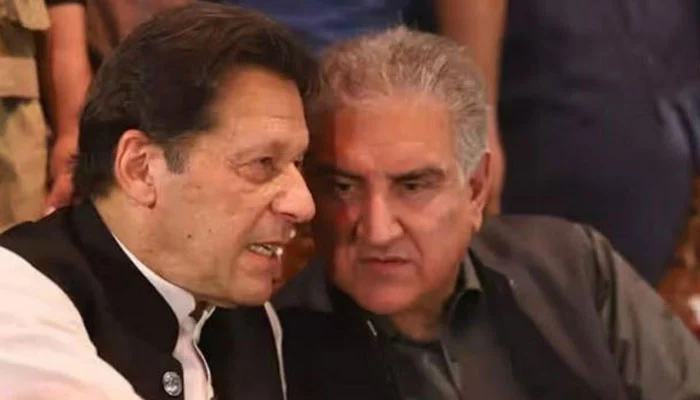In a significant legal development, the Islamabad High Court’s Division Bench, comprising Chief Justice Aamer Farooq and Justice Mian Gul Hassan Aurangzeb, has declared the sentence against Nawaz Sharif in the Avonfield reference null and void, designating him as “not guilty.” Simultaneously, the acquittal of Nawaz Sharif in the Flagship reference has been maintained, reversing the National Accountability Bureau’s (NAB) appeal.
During the hearing, Justice Gul Hassan Aurangzeb emphasized the necessity of tangible evidence to substantiate the stance on jurisdiction and pleaded the absence of any supporting documents for the prosecution’s claim. He stated that for charges under Section 9(a)(v), it is imperative to establish four elements under the banner of anonymity, and any failure to prove them would result in the exclusion of the case under the ambit of anonymity.
The legal team, led by Barrister Azam Nazeer Tarar and Advocate Amjad Pervaiz, argued that the prosecution had failed to provide any proof regarding the alleged offenses. Amjad Pervaiz, in presenting his arguments, underscored that the references lacked specific dates of property acquisition and failed to provide concrete evidence of Nawaz Sharif’s ownership.
The court’s decision to nullify the sentence in the Avonfield reference and uphold the acquittal in the Flagship reference is a significant development in the ongoing legal battles involving the former Prime Minister of Pakistan. The judges’ scrutiny of the evidence and insistence on meeting the legal criteria for charges signal a meticulous approach in evaluating the case.
Chief Justice Aamer Farooq further questioned the lack of details in the references, emphasizing the importance of comprehensive investigations and adherence to legal procedures. The court’s decision highlights the importance of presenting substantial evidence and meeting legal requirements for charges, setting a precedent for future cases.
As Nawaz Sharif and his legal team emerge successful in challenging the accusations, the legal landscape surrounding high-profile corruption cases in Pakistan continues to evolve. The Islamabad High Court’s rulings underscore the significance of a thorough and legally sound process in addressing corruption allegations, ensuring that justice is served based on the rule of law.



